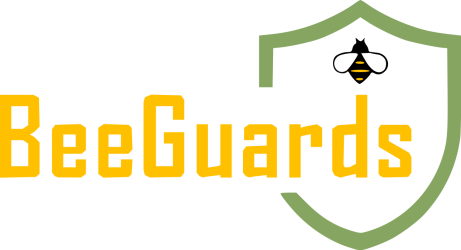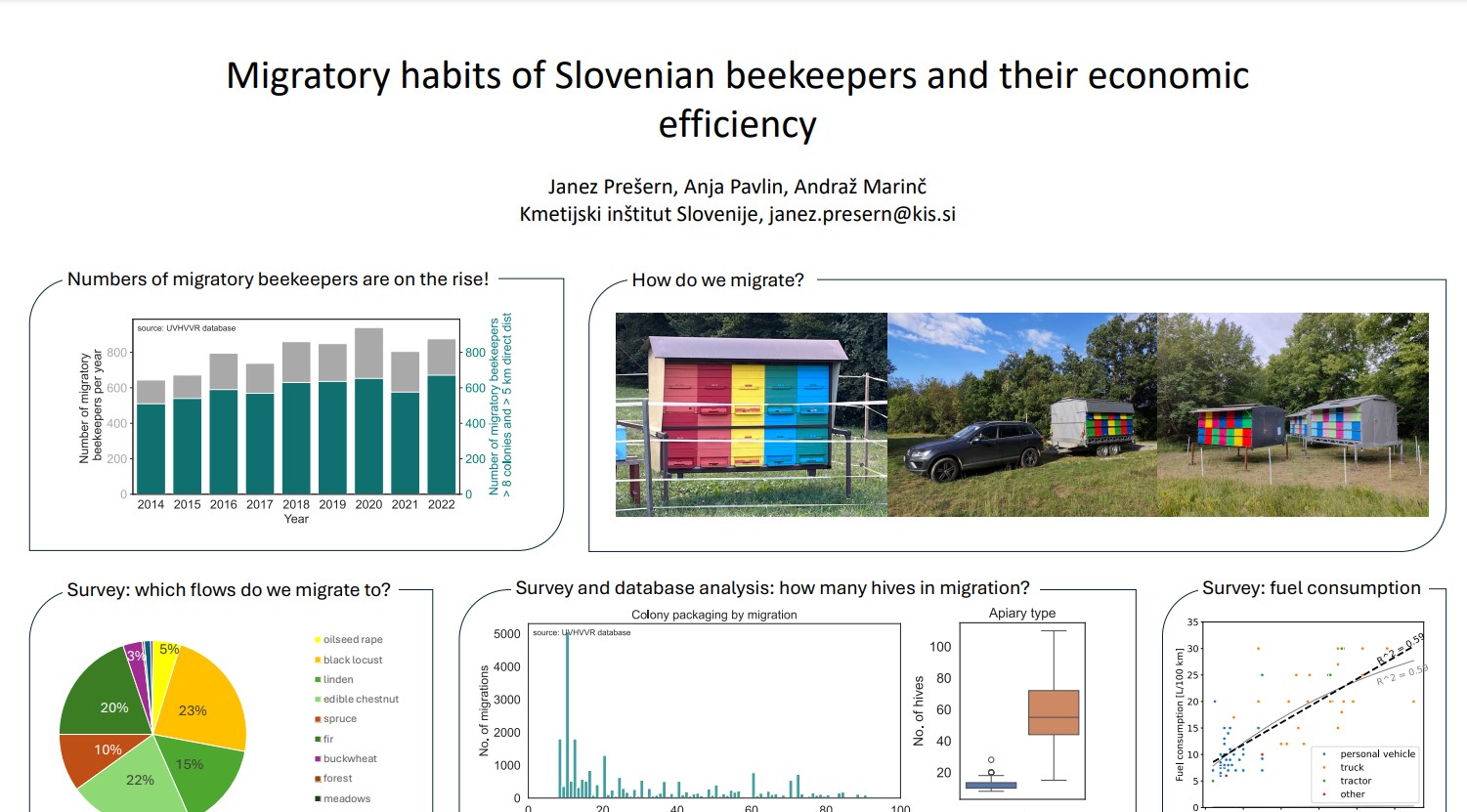Beautiful and meaningful post from Magda Wilde, from Poland, one of our partners.
🐝 An apiary is not just honey – it’s first and foremost bees! 🐝
In the world of beekeeping, the protection and development of bees is a key challenge. That’s why the international @BeeGuards project, coordinated in Poland by @pasiekawilde and @inhort is a huge opportunity for our bees!
🌍 BeeGuards – a global initiative for bees
The BeeGuards project brings together experts, beekeepers and scientists from different countries to work together on innovative ways to protect bees. Through research on varroa, one of the greatest threats to bees, it is possible to develop effective strategies to combat this parasite.
Varroa research – key to the future of beekeeping
Varroa is a serious challenge for beekeepers around the world. Thanks to a partnership with @pasiekawilde, the BeeGuards project is becoming a testing ground for modern bee protection methods.
🤝 Invaluable support for bees
Thanks to BeeGuards, we can not only protect bees, but also educate and support beekeepers by providing them with the latest solutions and knowledge. This is a step towards healthier and stronger bee colonies, which are the foundation of ecology and agriculture.
📢 Together for the bees!
@pasiekawilde and @BeeGuards are proof that collaboration of beekeeping science and practice can bring real benefits to the environment we already know that and we thank you
🐝🌼❤@siedliskopasieka
#BeeGuards #PasiekaWilde #siedliskopasieka #BeeGuards #BeeProtection #Warrow #BeeKeeping #ScienceForBees 🐝











